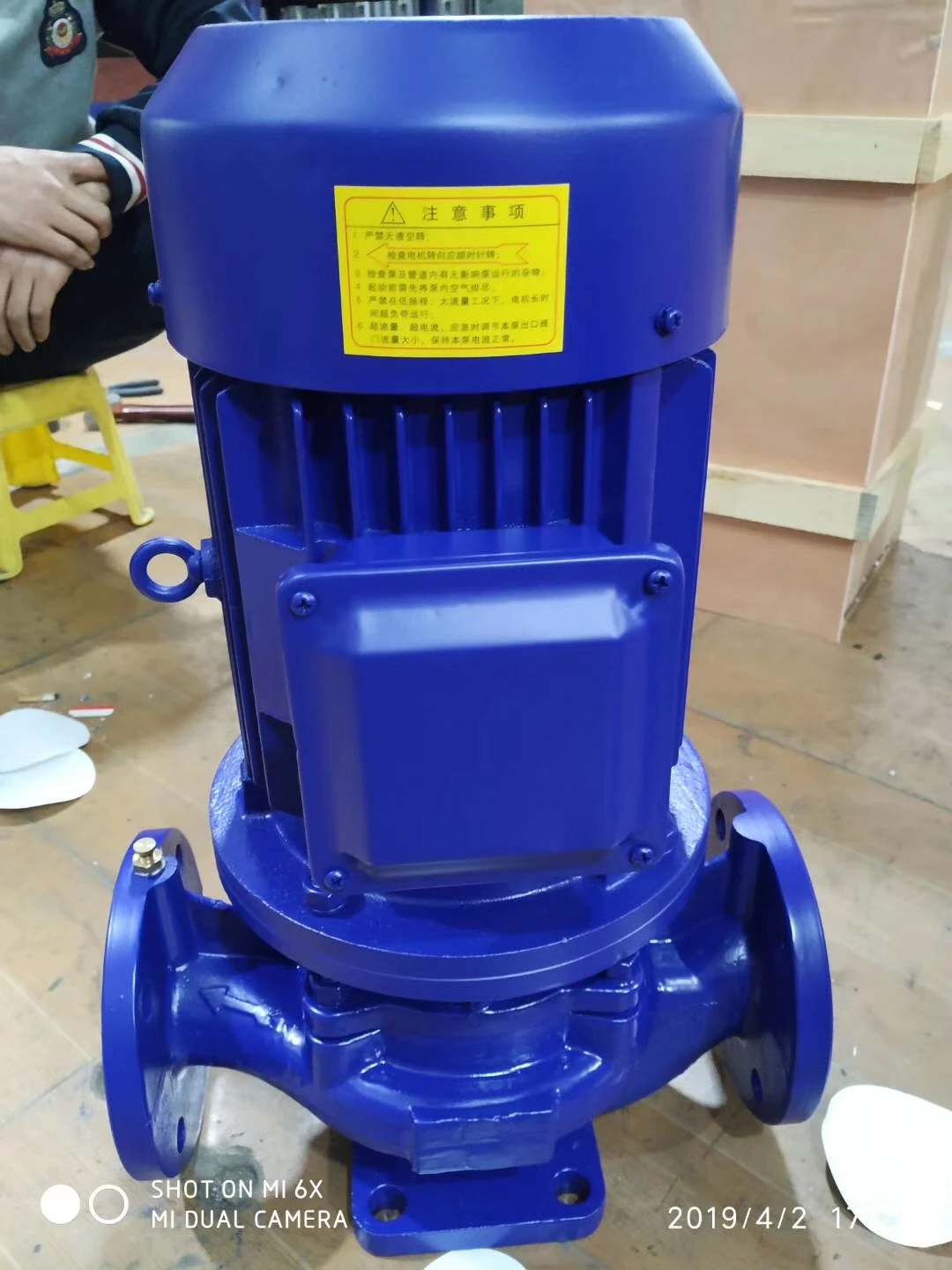Afrikaans
- Afrikaans
- Albanian
- Amharic
- Arabic
- Armenian
- Azerbaijani
- Basque
- Belarusian
- Bengali
- Bosnian
- Bulgarian
- Catalan
- Cebuano
- Corsican
- Croatian
- Czech
- Danish
- Dutch
- English
- Esperanto
- Estonian
- Finnish
- French
- Frisian
- Galician
- Georgian
- German
- Greek
- Gujarati
- Haitian Creole
- hausa
- hawaiian
- Hebrew
- Hindi
- Miao
- Hungarian
- Icelandic
- igbo
- Indonesian
- irish
- Italian
- Japanese
- Javanese
- Kannada
- kazakh
- Khmer
- Rwandese
- Korean
- Kurdish
- Kyrgyz
- Lao
- Latin
- Latvian
- Lithuanian
- Luxembourgish
- Macedonian
- Malgashi
- Malay
- Malayalam
- Maltese
- Maori
- Marathi
- Mongolian
- Myanmar
- Nepali
- Norwegian
- Norwegian
- Occitan
- Pashto
- Persian
- Polish
- Portuguese
- Punjabi
- Romanian
- Russian
- Samoan
- Scottish Gaelic
- Serbian
- Sesotho
- Shona
- Sindhi
- Sinhala
- Slovak
- Slovenian
- Somali
- Spanish
- Sundanese
- Swahili
- Swedish
- Tagalog
- Tajik
- Tamil
- Tatar
- Telugu
- Thai
- Turkish
- Turkmen
- Ukrainian
- Urdu
- Uighur
- Uzbek
- Vietnamese
- Welsh
- Bantu
- Yiddish
- Yoruba
- Zulu
Telephone: +86 13120555503
Email: frank@cypump.com
Des . 02, 2024 08:07 Back to list
septic tank pump system
Understanding the Septic Tank Pump System A Comprehensive Overview
Septic tank pump systems are a crucial component of many residential and commercial wastewater management solutions, particularly in areas where municipal sewage systems are unavailable. These systems are designed to treat and dispose of domestic sewage through natural processes, allowing for a more sustainable approach to waste management. This article will explore the key aspects of septic tank pump systems, including their components, functionality, advantages, and maintenance requirements.
What is a Septic Tank Pump System?
A septic tank pump system generally consists of several integral parts the septic tank, pump, distribution box, and leach field (also known as a drain field). The septic tank serves as the initial holding facility for wastewater from toilets, sinks, and other household sources. It is typically buried underground and made from materials like concrete, fiberglass, or plastic.
Once the wastewater enters the tank, solid waste settles at the bottom and forms sludge, while lighter materials like grease rise to the top and create scum. The anaerobic bacteria in the tank digest some of the solid waste, but the remaining effluent still needs further treatment before it can safely return to the environment.
When the septic tank reaches a certain capacity, the pump activates, transporting the partially treated wastewater to the distribution box. From there, the effluent is evenly distributed into the leach field, where it undergoes additional filtration and treatment as it percolates through the soil.
Key Functions of a Septic Tank Pump
The pump in a septic system plays a vital role in ensuring that effluent is moved efficiently from the septic tank to the leach field. There are generally two types of pumps used submersible pumps, which are housed within the tank, and above-ground pumps. Submersible pumps are often preferred for their efficiency and ability to handle the harsh environment inside a tank.
In addition to transferring wastewater, the pump helps maintain optimal performance by preventing backups that can cause overflows or drain field saturation. Properly functioning pumps can significantly extend the lifespan of a septic system, optimizing home waste management.
septic tank pump system

Advantages of Septic Tank Pump Systems
One of the primary advantages of septic tank pump systems is their relative independence from municipal sewer systems. For homes and businesses located in rural or undeveloped areas, these systems offer an effective and economical solution for waste disposal.
Moreover, septic systems are environmentally friendly when maintained correctly. They treat waste on-site and can contribute to groundwater recharge. Additionally, new technologies, like aerobic treatment units (ATUs) and advanced septic systems, enhance the treatment process, further benefiting ecosystems.
Maintenance of Septic Tank Pump Systems
Regular maintenance is essential for ensuring the longevity and functionality of septic tank pump systems. Homeowners should have their systems inspected by a qualified professional at least every three to five years. During these inspections, the technician can assess the condition of the tank, pump, and leach field, addressing any potential issues before they escalate.
Another critical maintenance task is pumping the septic tank every three to six years, depending on the tank's size, household size, and water usage. Failing to pump the tank can lead to clogs, backups, and costly repairs.
Homeowners should also be mindful of what goes down the drain. Avoid flushing non-biodegradable items, chemicals, or large amounts of grease, as these can disrupt the natural processes within the septic system.
Conclusion
Septic tank pump systems play a vital role in wastewater management, especially in areas without access to municipal systems. Understanding the components, functionalities, advantages, and maintenance requirements of these systems can help homeowners make informed decisions regarding their waste management practices. With proper care and attention, a septic tank pump system can provide an efficient, environmentally friendly solution for years to come.
-
Heavy-Duty Mining Sludge Pumps - Wear-Resistant Slurry Handling
NewsAug.02,2025
-
Horizontal Split Case Pump with GPT-4 Turbo | High Efficiency
NewsAug.01,2025
-
ISG Series Pipeline Pump - Chi Yuan Pumps | High Efficiency, Durable Design
NewsAug.01,2025
-
Advanced Flue Gas Desulfurization Pump with GPT-4 Turbo | Durable & Efficient
NewsJul.31,2025
-
ISG Series Vertical Pipeline Pump - Chi Yuan Pumps | Advanced Hydraulic Design&Durable Construction
NewsJul.31,2025
-
ISG Series Vertical Pipeline Pump - Chi Yuan Pumps | Energy Efficient & Low Noise
NewsJul.31,2025










